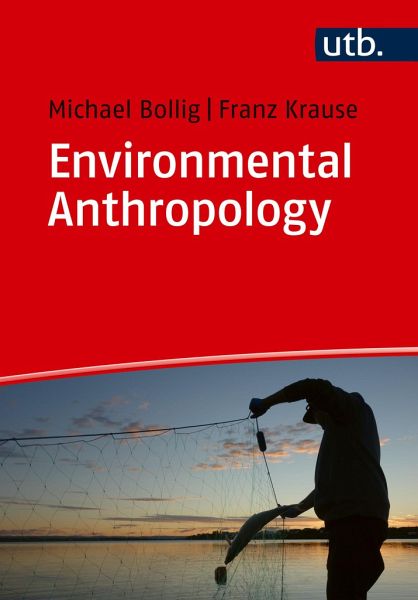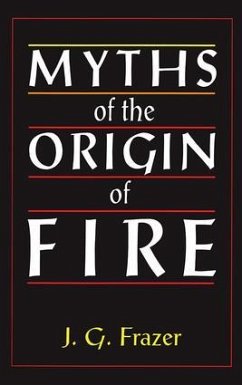
Environmental Anthropology
Current issues and fields of engagement

PAYBACK Punkte
0 °P sammeln!
Wie interagieren Menschen mit ihren Umwelten? Wie beeinflussen sie den Verlust und Erhalt der biologischen Vielfalt, den Klimawandel, die Umweltverschmutzung und den Umweltschutz? Das Buch führt Studierende in die Forschung und Praxis der Umweltanthropologie ein, stellt aktuelle Schlüsselkonzepte, Anwendungsbereiche und Debatten vor und beleuchtet zentrale sozial-ökologische Themen.













